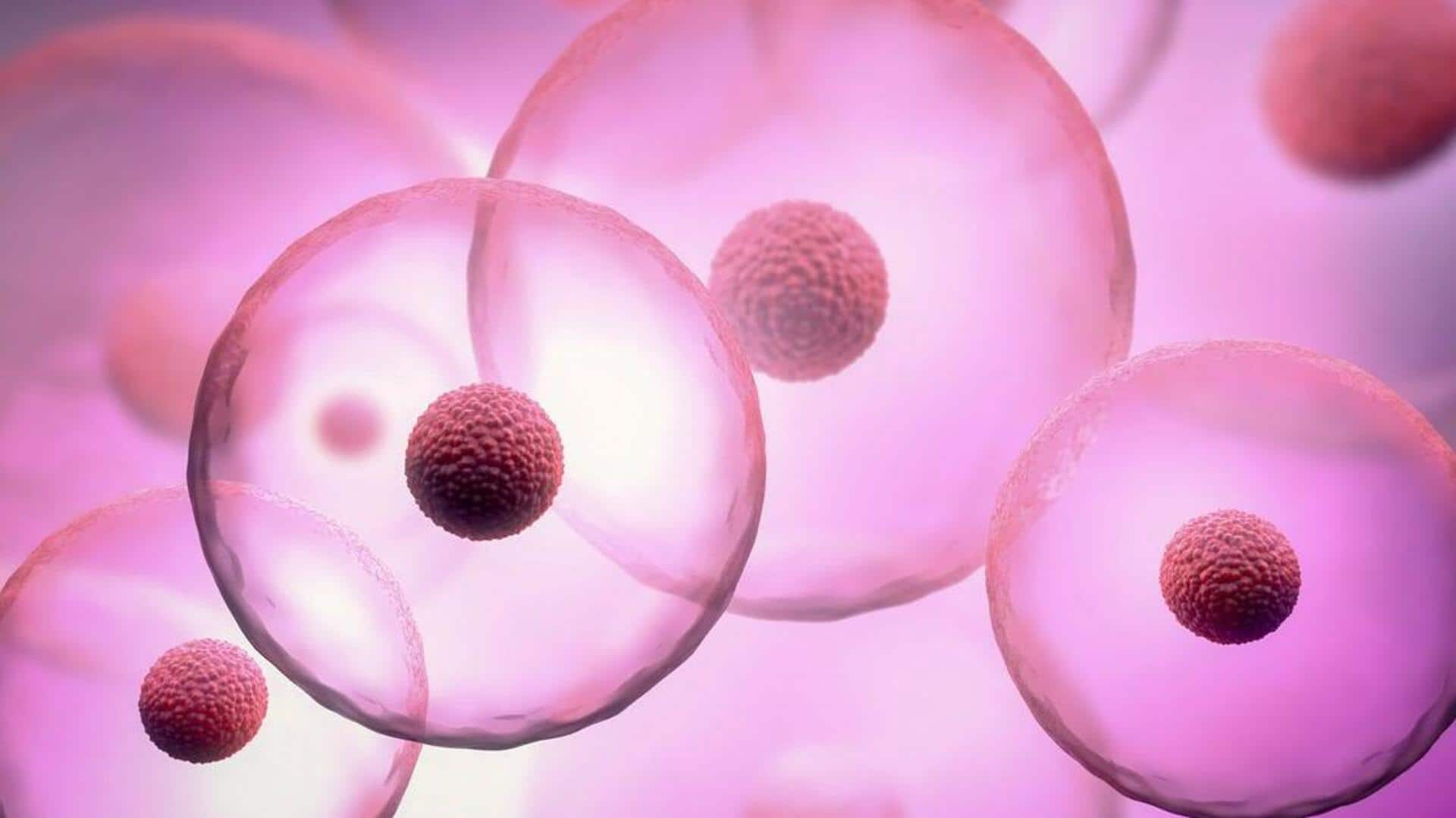
Scientists discover new cell that can heal your wounds
What's the story
A team of Australian researchers has made a groundbreaking discovery, unearthing a new type of cell that could revolutionize our understanding of mammalian healing processes. This cell, known as the 'EndoMac progenitor,' was found in the aorta of adult mice after nearly a decade of research. The existence of such a cell had been theorized by scientists over 100 years ago.
Healing agents
EndoMac progenitors: The healers of the body
The newly discovered EndoMac progenitor cells play a crucial role in the body's healing process. According to Sanuri Liyanage, a medical scientist from the South Australian Health and Medical Research Institute (SAHMRI), these cells are responsible for growing blood vessels when needed. They become active during injury or poor blood flow, rapidly multiplying to aid in healing.
Cellular metamorphosis
Unique transformation abilities of endomac progenitors
EndoMac progenitor cells have the unique ability to transform into two specific cell types: endothelial cells that form blood vessels, and macrophages that are immune cells responsible for tissue repair and defense. This dual functionality was demonstrated when these cells were isolated from mice and cultured in a lab setting, where they formed colonies. Upon injection into diabetic mouse models, these cell colonies significantly improved wound healing.
Cellular theory
A century-old hypothesis on macrophage production
A century ago, scientists hypothesized that stem cells circulating in mammalian blood could produce new macrophages, refreshing the population already present in various body tissues. This theory was based on the observation that most tissues in an adult mammal's body contain macrophages produced during early embryonic stages. These resident populations occasionally renew themselves to maintain their ability to eliminate pathogens.
New perspective
Paradigm shift in understanding
The recent study conducted on mice in Australia supports a paradigm shift in our understanding of macrophage production. The findings suggest that embryonic progenitor cells for macrophages are seeded in the heart's aorta during early development. As mice age, these circulating stem cells introduce new macrophages into tissue. This discovery challenges previous beliefs about bone marrow-derived stem cells being the primary source of new macrophages.
Future implications
EndoMac progenitors and their potential in human healing
The research team is now investigating whether a similar cell exists in the human aorta. Initial results are promising but not yet published. "In theory, this could become a game-changer for patients suffering from chronic wounds," says Liyanage. Ongoing research suggests that EndoMac progenitors could be used to enhance healing in conditions such as diabetes, where the body struggles to repair itself properly.